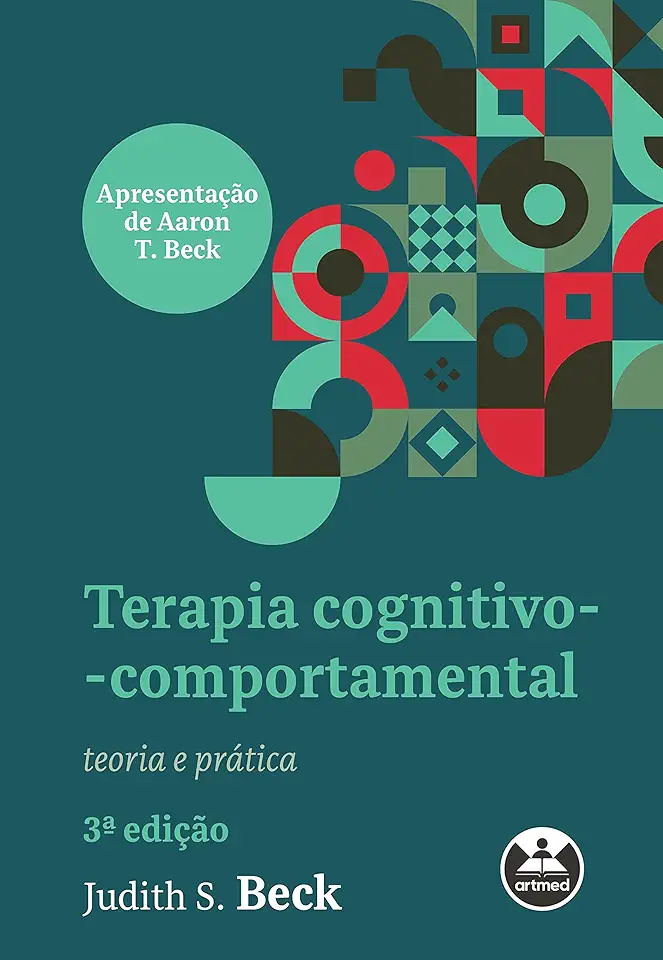
Cognitive-Behavioral Therapy - Judith S. Beck
Cognitive-Behavioral Therapy: An In-Depth Guide to Helping Your Clients Overcome Anxiety, Depression, and Other Mental Health Problems
Introduction
Cognitive-behavioral therapy (CBT) is a form of psychotherapy that helps people change their thinking patterns and behaviors in order to improve their mental health. It is based on the idea that our thoughts, feelings, and behaviors are all interconnected, and that by changing one, we can change the others.
CBT has been shown to be effective in treating a wide range of mental health problems, including anxiety, depression, eating disorders, and substance abuse. It is also helpful for people who are struggling with stress, relationship problems, or grief.
How CBT Works
CBT works by helping people to identify and change the negative thinking patterns and behaviors that are contributing to their problems. The therapist will help you to:
- Identify your negative thinking patterns.
- Challenge your negative thoughts.
- Develop more positive thinking patterns.
- Change your behaviors.
CBT is a collaborative process, and it requires active participation from the client. The therapist will provide you with support and guidance, but you will need to be willing to put in the work to make changes.
Benefits of CBT
CBT has a number of benefits, including:
- It is effective in treating a wide range of mental health problems.
- It is a relatively short-term therapy, typically lasting 12 to 16 weeks.
- It is based on scientific research and has been shown to be effective in numerous studies.
- It is a collaborative process that involves the client and the therapist working together.
- It can help people to develop coping skills that they can use to manage their mental health problems in the future.
Who Can Benefit from CBT?
CBT can benefit people of all ages, races, and ethnicities. It is helpful for people who are struggling with a variety of mental health problems, including:
- Anxiety
- Depression
- Eating disorders
- Substance abuse
- Stress
- Relationship problems
- Grief
How to Find a CBT Therapist
If you are interested in finding a CBT therapist, there are a few things you can do:
- Ask your doctor or mental health professional for a referral.
- Search for a CBT therapist in your area online.
- Contact your local mental health association.
Conclusion
CBT is a powerful tool that can help people to overcome mental health problems and improve their lives. If you are struggling with a mental health problem, I encourage you to consider CBT as a treatment option.
Enjoyed the summary? Discover all the details and take your reading to the next level — [click here to view the book on Amazon!]